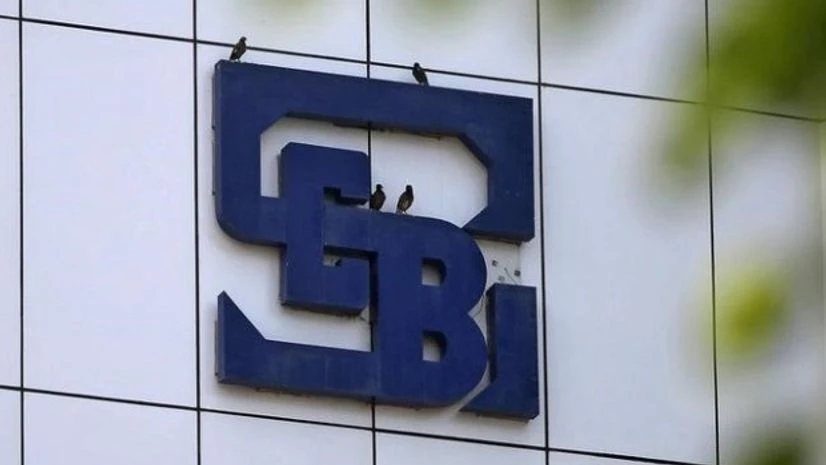Come Sunday, you will be able to inspect some high-end luxury cars and Sports-Utility Vehicles (SUVs) in Badkhalsa village near Haryana's Sonipat. Eight Audis, Six BMWs, four Range Rovers, a couple of Jaguars and Mercs.
Add to that a white Porsche Cayenne. And then, there's a black Bentley with a VIP registration number to boot.
A Madeira Red Rolls Royce Phantom that could set you back by a couple of crores takes the cherry. Not to mention Fortuners, Volvos and VWs. In all there are 47 of these beauties up for grabs.
More From This Section
The Securities and Exchange Board of India (Sebi) under the watchful eyes of Justice RM Lodha committee would be putting these vehicles on auction on August 30. The auction would be conducted through the website of MSTC India, public sector firm.
The success of this auction might not be more than a little step in the PACL recovery process, which runs over a humongous Rs 49,100 crore plus interest.
The more difficult part is selling off the other assets such as land parcels, buildings and other properties, which lie scattered across the country. The regulator is staring at a multi-year process.
A slightly different form of sale process, which is underway in the Sahara India case has not had an encouraging response at least in the initial stages.
In the Sahara case, Sebi is constrained by not being able to touch some of the more liquid assets such as the Aamby Valley and the overseas hotels. However, in PACL such restrictions are not there, which could help faster realization.
It is important for the regulator to realise money from these assets and begin payments to the investors in these schemes, which run into millions.
A group of agents and investors of PACL had marched to Jantar Mantar a couple of weeks ago demanding refunds of the sums due. Coming under the banner of hitherto unheard of organisation called All Investor Safety Organisation (AISO), they had raised questions about the ability of the regulator to refund money to investors.
Some of the agents this writer spoke to were of the impression that PACL was doing its business repaying investors on maturity regularly and it was intervention by the regulator that has spoiled its business and put investors at jeopardy. They also cite the regulator's poor record in refunding investors in past instances when illegal schemes were forcefully wound up.
This kind of skewed logic has become the favourite refuge of many scamsters, who faced regulatory action, in the recent past. They forward this theory to gloss over their own wrongdoings in building an illegal, unregistered business activity. Middlemen and agents, who peddled these products and are facing the wrath of relatives and friends from whom they often raised money, have little choice but to parrot this theory.
One needs to look no farther than that fleet of luxury cars sitting Sonipat to understand the fundamental flaw in that theory. But, it is imperative for the regulator to call the bluff of the scamsters by repaying investors, before it is too long. For that, it has to sell those cars this month. Go, bid.

)
